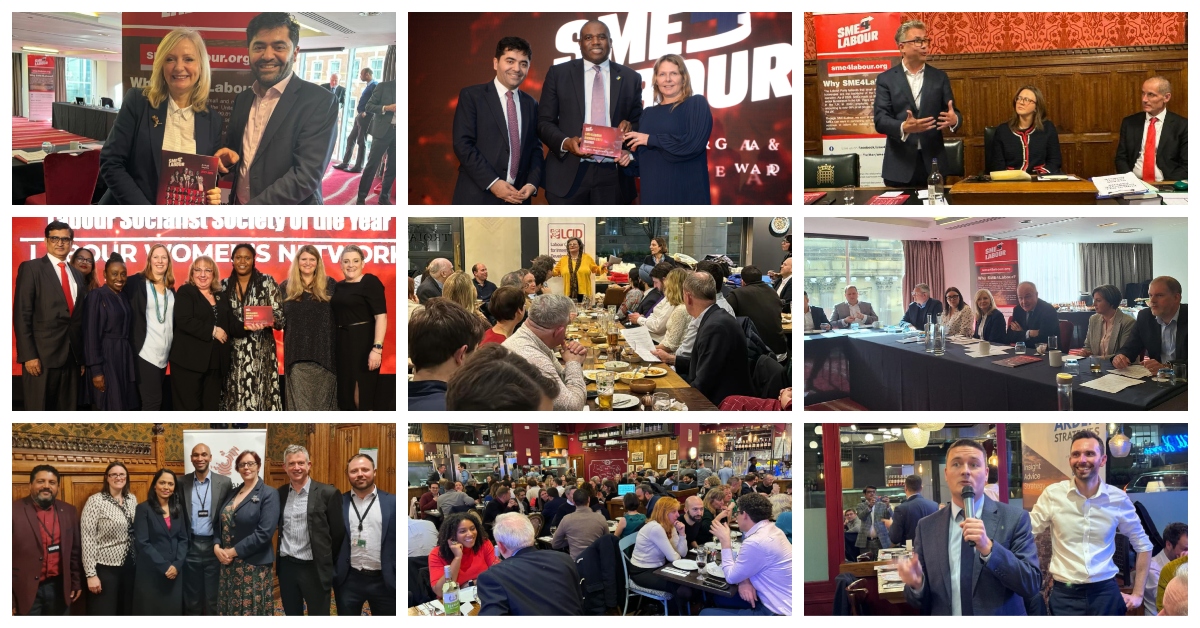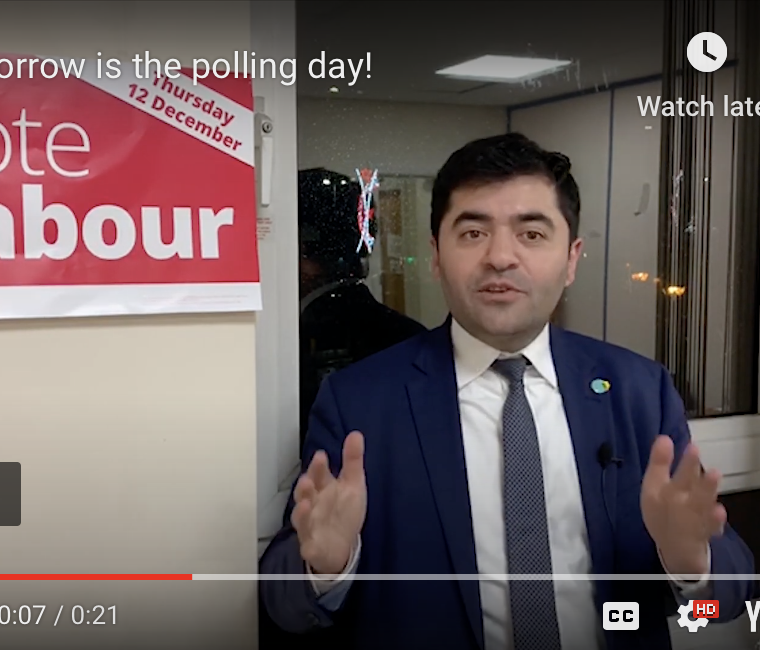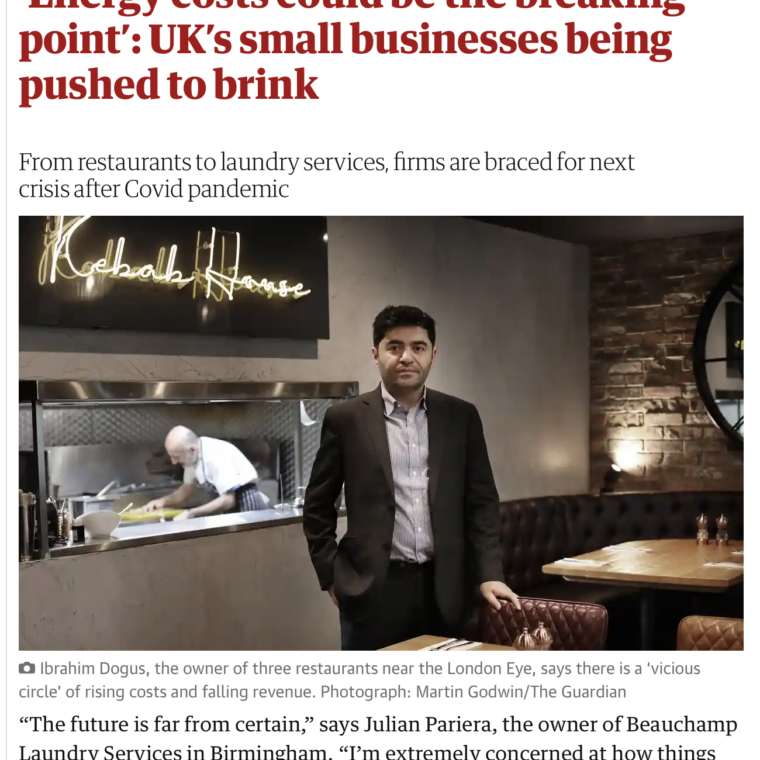Why small businesses must be at the heart of the Labour Party’s agenda in government
Small and medium businesses make up the backbone of the UK economy. As of 2023, small and medium enterprises (SMEs) account for 99.9% of the business population (5.5 million businesses).
Anyone active in this vibrant community, whether as an owner, funder, employee, contractor, union rep or policymaker, deserves high praise for their grit and determination in the years since the pandemic.
The pandemic robbed some of us of our loved ones and took its toll on the physical, mental and emotional health of many more.
As a business owner, I know first-hand how difficult the last few years have been for small businesses. Too many vital small firms were forced to close for good during the pandemic. Many businesses that survived the pandemic now struggle due to inflation, the cost-of-living crisis, and the UK’s entering into a recession this year.
Over many years, support for the self-employed has unfortunately been piecemeal and insufficient. Too many UK government initiatives have been subject to delays in starting, confusion in implementation, or uncertainty over their future.
After one of the worst few years in living memory, now is the chance for us to do something to help the traders and other small businesses that are a vital part of our communities in London and across the UK.
As the Founder and Chair of SME4Labour my mission is simple: to bring the voices of small, medium, micro, owner and family-run businesses to the heart of our politics.
There is a clear need for greater government support for those SMEs that feel left behind. So, now, facing such economic uncertainty, Labour’s relationship with SMEs is more important than ever.
With the polls showing Labour returning to power at the next general election, the party must continue to listen to small businesses and implement policies that help support the SME community.
After the last fourteen years of economic failure, many SMEs again look to Labour as the party to get the country back on track. However, to win and hold that support, Labour must make a solid offer on skills, reform business rates, and green growth.
These are the policy changes now required to help the SME community thrive during these difficult times:
- Abolishing the outdated system of business rates and bringing in a system based on each trader’s turnover or profits.
- Modernise and implement a progressive system for Corporation Tax.
- Reduce VAT for the hospitality industry so people can benefit directly.
- Reform business taxation to level the playing field between the major online retailers and brick-and-mortar SMEs.
- Rewrite the rent rules, often the most significant bill for small firms. This should include a shift from fixed quarterly payments to a system based on turnover.
- Offer easier access to finance to help SME’s businesses grow.
- Deliver tougher action on late payments.
- Continue our drive to invest in green technologies, working with SMEs to achieve this.
- Deliver a public transport system which works for every part of the UK, leaving no community behind.
- Make sure that there is access to talent and skills across Britain.
With our partners, Labour Business, Community Union, IPSE, and many others, we have planned more than 30 events nationally—a record for our organisation—and we plan to put entrepreneurship back at the heart of policymaking with Labour in power in government. Thanks to our MPs, councillors, peers, and trade unions for their support.
While media attention has focused on Labour’s drive to attract and engage with large businesses and industry, the party is also becoming the home of 5.5 million SME owners. As we look to the next election, the Labour Party can show these businesses that Labour has a serious offer to bring economic prosperity to businesses in government.
Find out more about our work and support it at https://sme4labour.org/.
ABOUT IBRAHIM

My connection with, and love for, this country starts with my father. Born in Turkey, he worked in a marble mine – as my grandfather had before him – and was one of nine children brought up by my beloved grandmother. After saving some money, he was able to start a small stationery business, selling to retailers from the boot of his car. But after he got involved in political activism, he was targeted by the Turkish government and was forced to flee. He came to the UK in 1991, claiming asylum and then refugee status. I joined him, along with my mother and brother, in 1994 as part of a family reunion programme.
Things weren’t always easy in those early years in London. We lived four to a room and I was bullied at school for not speaking English. But we always felt grateful to be in a country where we were safe, could access education and receive the best care from the NHS if we were sick.





